
Overview of the 12 Core Concepts
Helps learners to create a trauma lens through which they can view and better comprehend the effects of traumatic experiences and losses.
NCTSN e-learning courses typically include multimedia resources, such as self-paced training modules, instructional videos, and supplemental resources. Courses are available for different professional audiences and include both introductory and more advanced learning.

Helps learners to create a trauma lens through which they can view and better comprehend the effects of traumatic experiences and losses.

Is an interactive course that provides core concepts on trauma and young children in 15–20-minute lesson segments.
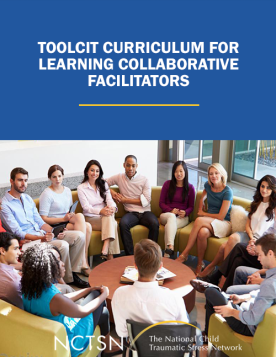
Supports NCTSN sites as they implement, spread, and sustain evidence-based treatments, practices, interventions, and system changes to organizations that serve children and families who have experienced trauma.

Orients you to the approach used in AF-CBT and to prepare you for an AF-CBT training. Alternatives for Families: A Cognitive Behavioral Therapy (AF-CBT) is an evidence-based treatment designed to improve the relationships...
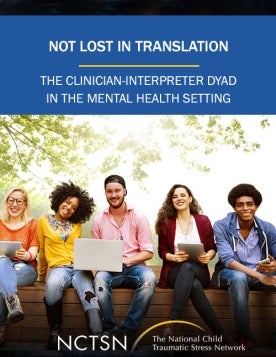
Is designed to increase the capacity and partnership of professional interpreters and mental health clinicians working together in order to improve quality and access of services for children, adolescents and families with no or limited English proficiency (LEP) and who have experienced trauma...
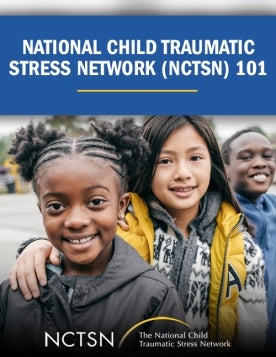
Provides information on what makes the NCTSN unique, and why in 2001 SAMHSA established the NCTSN in an effort to pull together expertise nationwide and create a mechanism for intentional collaboration to move scientific gains quickly into practice.
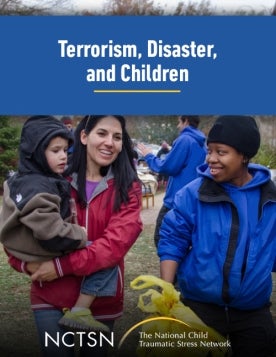
Los Primeros Auxilios Psicológicos constituyen un enfoque modular basado en la evidencia y cuyo objetivo es ayudar a niños, adolescentes, adultos y familias a afrontar las consecuencias inmediatas de desastres o actos de terrorismo.
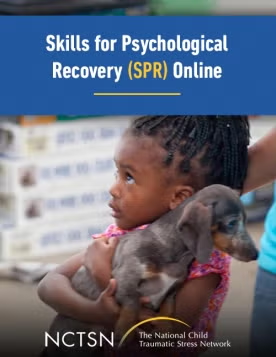
Aims to help survivors gain skills to manage distress and cope with post-disaster stress and adversity. This course utilizes skills-building components from mental health treatment that have been found helpful in a variety of post-trauma situations.
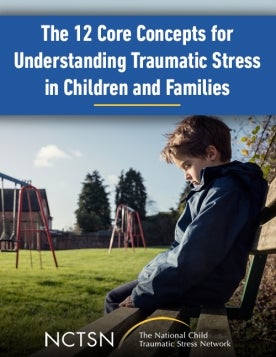
Offers information about how to work with children and use a developmental lens.
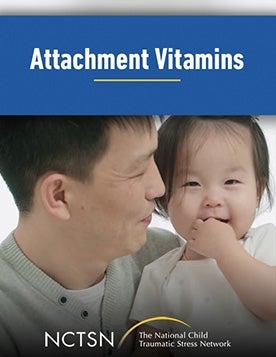
Helps learners support children and families through the early years of a child’s life and development.
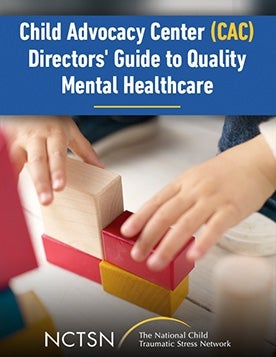
Helps Children’s Advocacy Center (CAC) directors deliver the highest quality care to children and families.
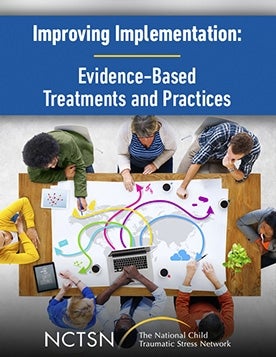
Focuses on three different and critical components of effective implementation. This series provides information on the framework, readiness preparation, and sustainability as it relates to effective implementation.